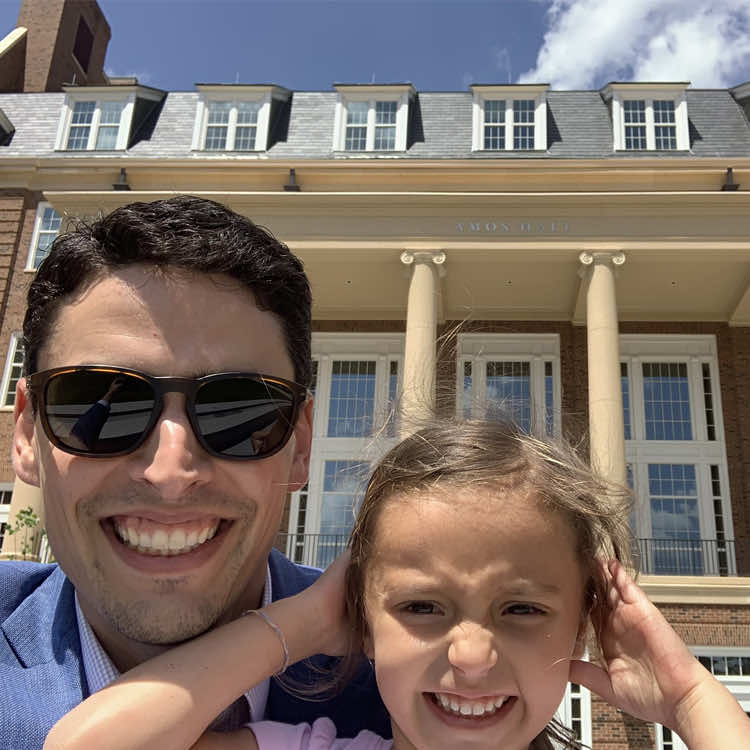All Wellbeing & Physical Activity
There's an ongoing argument in the United States over whether healthcare should become a public service or continue along the current lines. People get very emotional about this topic. Ad hominem arguments (smearing opponents) abound.Despite all the hot air and Facebook posts wasted on this debate, one very reasonable assertion is always conspicuously missing. Healthcare will cost less for everyone if people could be convinced to get off their butts, move around a little, and eat a vegetable once in a while.In fact, even the Centers for Disease Control claim that almost half of premature deaths in America can be prevented. Aside from reducing smoking and alcohol abuse, all that's needed is healthier eating and physical activity.This is exactly what well-being and physical activity professionals promote. The concept is well understood in Europe in comparison to the U.S., so it makes sense to study this degree in the Old World. Graduates may work with individuals, at an institutional level in schools, companies, or non-profit organizations, or in a role where they can influence public policy. This degree is closely related to those in sports and physical education. The focus, however, is not on making kids run around a track or helping committed athletes to perform at their peak. Instead, well-being and physical activity students learn to encourage people to embrace a healthy lifestyle at all levels. This may, for instance, take the form of influencing companies to offer gym memberships as a benefit, organizing appropriate activities at residential care centers, or ensuring that local parks are designed to facilitate running, biking, and other kinds of exercise. Some of the subjects studied as part of an undergraduate degree are nutrition, physiology, public health policy, human development, practical psychology, and research methods. Changing people's behavior is notoriously hard, so a lot of effort goes into learning more about communication techniques. To be effective in a well-being and physical activity role, you have to be able to explain the science behind nutrition and exercise to people from all walks of life. If you can't motivate your clients to love (or at least tolerate) celery and cardio, you won't be helping them all that much.

